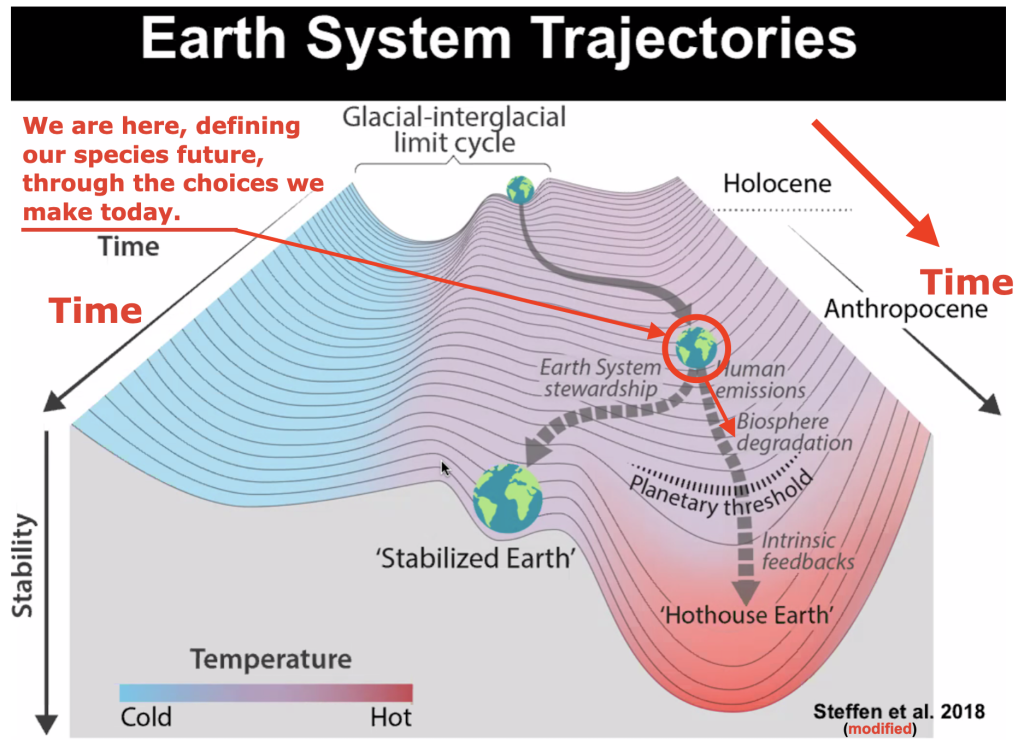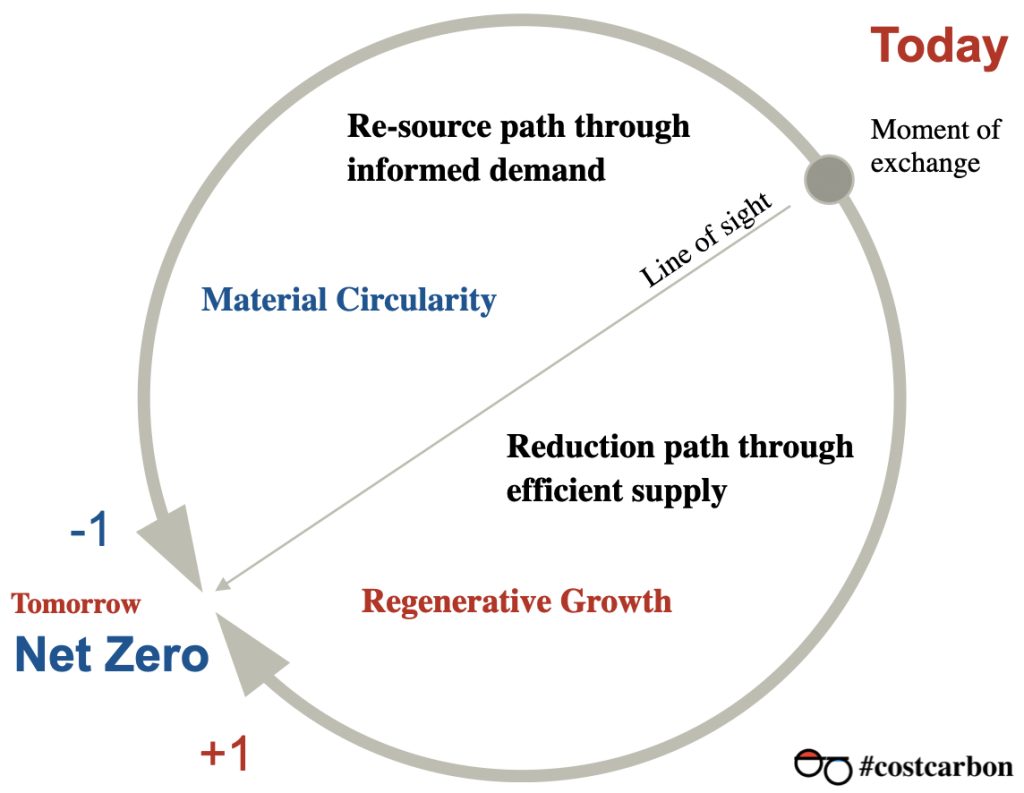Our History
CostCarbon.org began in 2012 with a simple yet powerful idea: the carbon atom, essential to all life on Earth, holds the key to bridging nature and the global economy.
As the main driver of global warming, carbon represents a critical connection between how we live and the planet we depend on.
We saw problems in the way our economy is run. Governments and businesses often fail to deliver on promises, whether due to politics or shifting leadership. Gross Domestic Product (GDP), the measure of economic success, ignores essential activities like caregiving, volunteering, and restoring nature. It also overlooks the damage caused by depleting resources.
This led us to ask:
- What if our economy was designed for today’s challenges and tomorrow’s needs?
- How could we transition to a stronger, fairer system without disrupting lives?
- How do we ensure justice and democracy are central to this transformation?
We imagined:
- An economy founded on the idea of abundance, not the artificial scarcity that money promotes.
- A distributed and regenerative economy that works for everyone—protecting nature and people, thriving into the year 2100 and beyond.
- A system that supports Earth’s balance while unlocking hidden value to drive regenerative growth.

A New Perspective
Looking at the world this way, we see an opportunity to unite diverse perspectives using a simple idea that anyone can do: counting carbon. By accounting for carbon in every transaction, we can reveal lost and hidden value, sparking action in businesses, governments, and communities.
This approach does more than cut emissions—it doubles the pace of change towards a circular, sustainable economy. It lowers costs for businesses and creates demand for cleaner, better options.
Change isn’t just possible—it’s practical and profitable.

The Power of citizens to demand change:
Real change starts with ordinary people—farmers, artists, scientists, tradespeople, carers, and thinkers. We are the people who can challenge outdated systems of waste and extraction, building value in our communities.
Looking at it his way, value is the opposite of waste. Waste is anything that doesn’t create value for people or the planet. By reducing waste and capturing value where it’s lost, we can create a regenerative economy—one that supports and sustains all life.
We rarely notice but today’s economy is built on the false idea that resources are endless. Too often we focus only on money and ignore the cost to nature and other people. This single-metric, extractive system is unsustainable, wasting an estimated 90% of value that is available for us to prosper.
90% of value is wasted.
A Regenerative Future
A regenerative economy does the opposite. It protects living systems, balances human needs with Earth’s limits, and ensures fairness. It turns lost and hidden value into opportunities for growth—growth that is inclusive, sustainable, and aligned with the natural world.
We believe real progress comes from recognising that our actions must regenerate, not deplete, the planet we all share. Join us in building an economy that creates value for everyone while protecting the systems we all rely on

